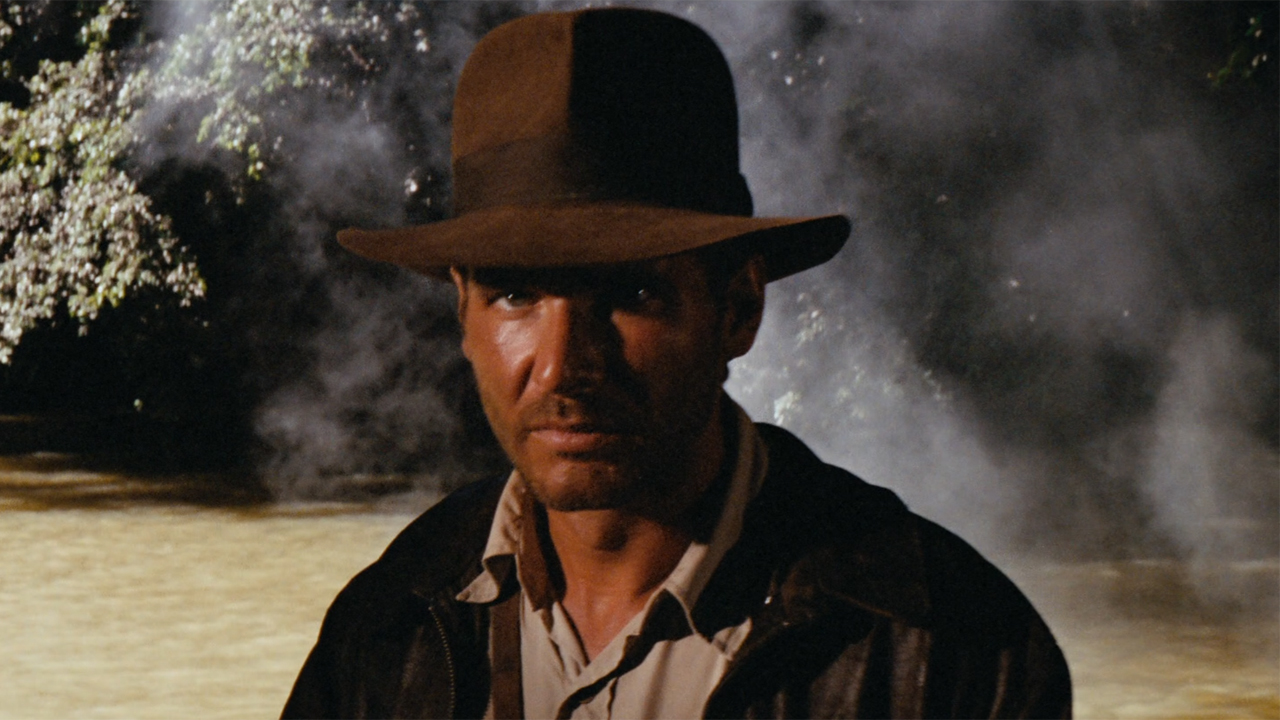Captive is an odd film. Rather than there being anything truly terrible about it, my main gripe is that it probably shouldn’t have been made in the first place. Why? Because it doesn’t possesses the content or narrative to deserve the big-screen treatment. Sure, on the face of it, the real-life true story about Brian Nichols sounds pretty captivating. But you’re left waiting for the film to kick into gear, and it just doesn’t happen. Which, ultimately, leaves you wholly unfulfilled.
What stops Captive from being an unmitigated disaster though is the presence of two bona-fide Hollywood stars in the shape of David Oyelowo and Kate Mara, while the additional cast of Michael K. Williams and Mimi Rogers isn’t too shabby either. Oyelowo plays Brian Nichols, who -- on March 11, 2005 -- fled from Fulton County courthouse in Atlanta, Georgia, just before his trial for rape was due to begin. On his way out of the building, he shot dead three people, while also putting another in a coma. On the run for several hours, Nichols also shoots and kills Special Agent David Wilhelm, who was simply in his home.
Meanwhile, at the same time these atrocities are occurring, Ashley Smith (Kate Mara), a recovering drug addict, is preparing her new home for the arrival of her young child, who had been taken away from her as she recuperated from her persistent addiction to crystal meth. Nichols and Smith’s paths intertwine when he kidnaps her, and then takes her hostage for the night in her home.
And then that’s about it. Literally. Once Nichols takes Smith back into the abode, you expect a more-formidable dynamic to form between the duo, and them to be constantly testing each other, especially considering the acting talent involved. However, it just never materializes.
Sure, there’s a scene where Nichols does meth while Mara resists the drug, Mara then tries to escape through a window but is foiled by its size, and the pair have to move Nichols’ getaway vehicle. But these moments are neither gripping nor tense. Instead, they feel like the leftovers from a better film. There’s even a flirtation with themes of guilt, redemption, and abuse, but these are never really penetrated and just hang over the story in a pathetic, limp manner.
Instead, Nichols and Smith are holed up inside the home, and there’s a montage of her reading Rick Warren’s Christian self-help book The Purpose Driven Life to him. Later, it's suggested that this truly altered Nichols’ outlook on life. However, since it was a montage, we never actually get to really see the book having an impact on Nichols, which negates the film’s entire message.
Kudos to Captive’s marketing department though, who have noticed the recent impressive performance of faith-based movies at the box office, especially from The Kendrick Brothers, and have implied that this film is just as blatant in its devotion to the healing powers of prayer as their work. Only, in the end, it’s really not, as it tries to do it more subtly, which I suppose is commendable.
Captive’s cast do their best to elevate the film. Mara and Oyelowo, sadly, are not given the material to properly flex their muscles. Michael K. Williams, meanwhile, is given every cop cliché in the book to utter and dispense with, and it’s frustrating to see an actor of his ilk be given so little to play with. All in all it’s just impossibly underwhelming.
But, maybe Captive deserves credit for sticking to its guns and not over-glamorizing this real-life incident? It must have been tempting to add more violence or bloodshed to the film to increase the spectacle. But Captive doesn’t, and because of that, it is the cinematic equivalent of vanilla ice cream. It’s competent, but you know there are more extravagant flavors out there.












